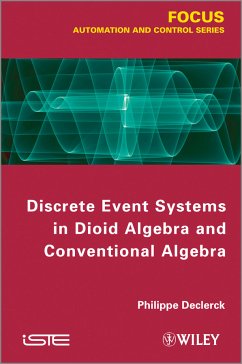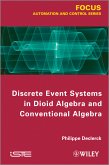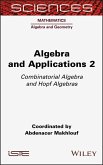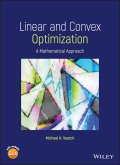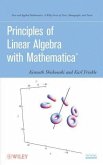This book concerns the use of dioid algebra as (max, +) algebra to treat the synchronization of tasks expressed by the maximum of the ends of the tasks conditioning the beginning of another task - a criterion of linear programming. A classical example is the departure time of a train which should wait for the arrival of other trains in order to allow for the changeover of passengers. The content focuses on the modeling of a class of dynamic systems usually called "discrete event systems" where the timing of the events is crucial. Events are viewed as sudden changes in a process which is, essentially, a man-made system, such as automated manufacturing lines or transportation systems. Its main advantage is its formalism which allows us to clearly describe complex notions and the possibilities to transpose theoretical results between dioids and practical applications.
Dieser Download kann aus rechtlichen Gründen nur mit Rechnungsadresse in A, B, BG, CY, CZ, D, DK, EW, E, FIN, F, GR, HR, H, IRL, I, LT, L, LR, M, NL, PL, P, R, S, SLO, SK ausgeliefert werden.

